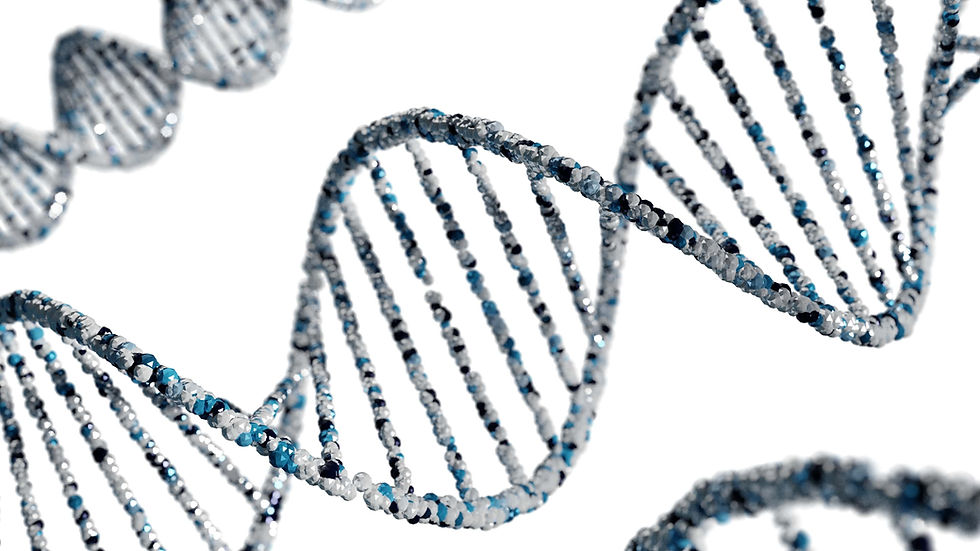Look at the less obvious stuff
- Alexandra O'Connor
- Dec 23, 2023
- 2 min read

It isn't all about Eggs and Sperm.
It's also about underlying nutrition, how good is the diet, how well are you absorbing the nutrients you are taking in through diet or through supplements.
Let's look at Vitamin D for example.
Vitamin D plays a critical role in the way our system runs and the way we manage inflammation. Just because you take vitamin D, it doesn't mean your vitamin D level is where it needs to be. And low Vitamin D can mean a poorer ovarian environment (resulting in lower antral follicle count and lower AMH), poorer egg quality, poorer sperm quality. Low vitamin D can also make the implantation process more difficult and contribute to implantation failure and early losses.
It's easy to check and easy to improve - but also so easily missed if you narrow your view to just Eggs and Sperm.
Vitamin B12 is another one that is easily missed, and yet plenty of evidence links low B12 to early losses (it's worth pointing out that if you take too much B12, your pee will look radioactive and turn neon yellow!)
Ferritin is always on my list of things to check - with this one I am looking to see if it is low or if it is very high (neither is helpful). I associate low ferritin with low AMH, poor egg quality and increased risk of early loss. When ferritin is very high, I consider whether haemochromatosis is in the picture.
And checking folate levels is also really important - some people have issues absorbing folic acid in the form it is presented in by many of the cheaper big brand supplements. Check your level to see if you are absorbing it, and if not, consider working with a functional medicine nutritionist to look into why and whether you ought to be taking it in a methylated form to aid absorption.
It isn't always easy to get a GP to run these tests - so we go a different route. There are various ways to pay for blood tests without going anywhere near your GP. I recommend @Medichecks a lot in my practice. It is best to work with someone who can interpret the results through the lens of fertility - the 'normal' range is far wider than the range ideal for fertility. And in case you thought this was just for the ladies - think again. Both partners need to be replete in key nutrients in order to achieve their fertility potential.
The nutrition and digestion stuff can get way more complex than this, but this is a sensible starting point and for some of you, this is all you need to know.
I'm a Fertility Support Trained Acupuncturist. Yes, we do the acupuncture magic stuff - but we also know a lot about the science of fertility and how to investigate it properly.
Stay tuned for the rest of my 12 Days, 12 Posts - and if you think someone needs to be following this series, please share.

.png)


Comments